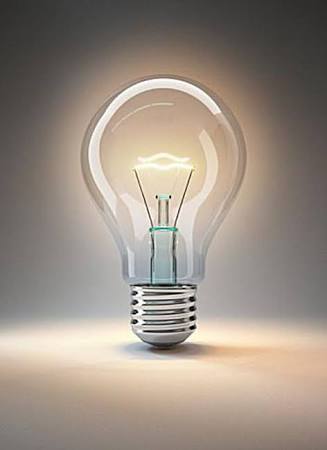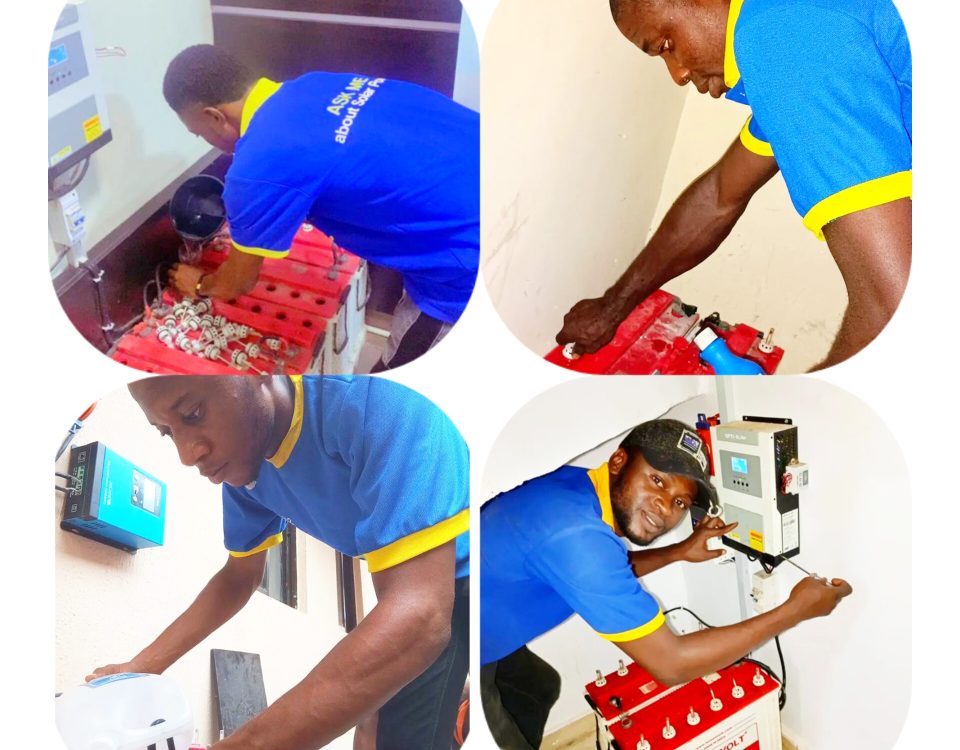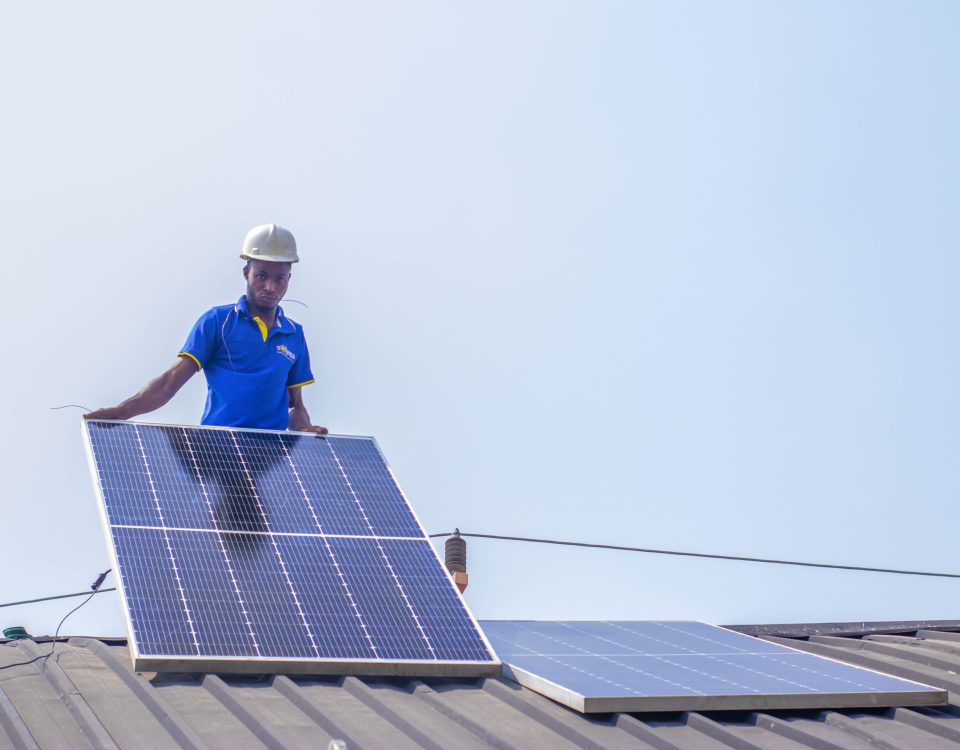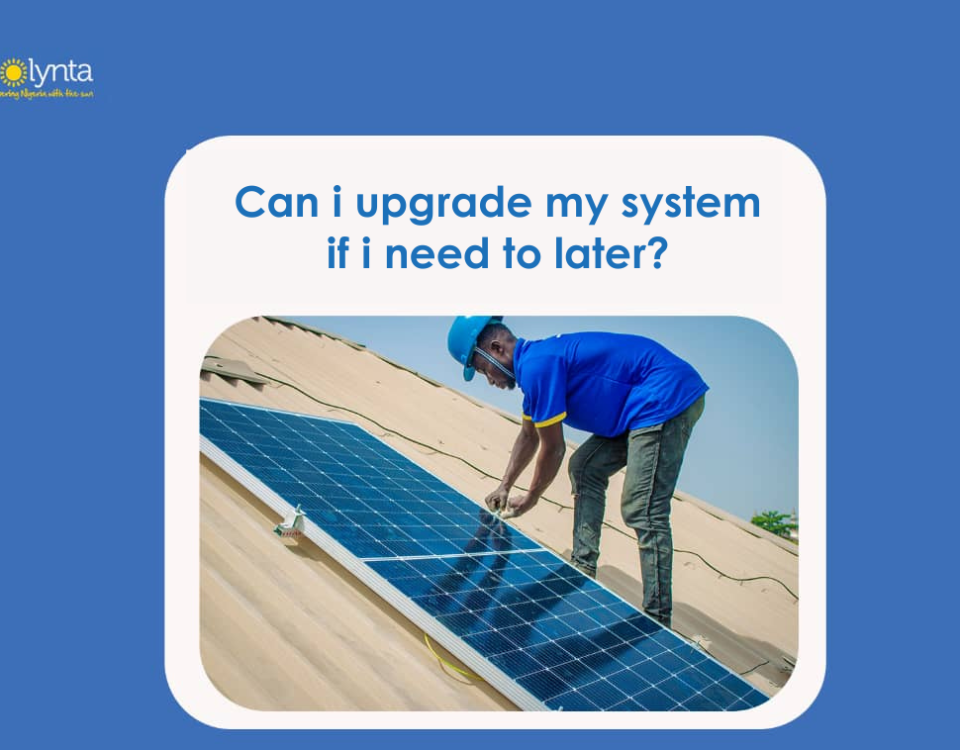President Buhari Restates His Commitment to Electricity

How to get the best of your solar panels!
2019-09-29
Easy Instant Energy Saving Tips
2019-10-06
President Muhammadu Buhari has reestablished his commitment to achieving 25 Gigawatts electricity capacity for Nigeria through a three-phase modernisation plan designed by German tech giant Siemens AG.
“We are resolute in reforming the power sector,” said President Buhari during the National Independence Day’s broadcast on Tuesday morning.
In August, the government signed an agreement with Siemens and announced a plan to raise the country’s operational capacity to 7 GW short-term, then to 11 GW by 2023 and “finally 25 GW afterwards.”
Nigeria’s current installed capacity is less than 13 GW, below what tiny Singapore has for 5.6 million people. Nigeria’s population is estimated to be about 202 million in 2019. However, of the estimated 13 GW (12,910 megawatts), only over 7 GW is available and less than 4 GW reaches the final consumers on average due to weak transmission and distribution infrastructure.
The President said on Tuesday that the new plan “will provide end-to-end electrification solutions that will resolve our transmission and distribution challenges.”
He also said the plan includes new initiatives to address the problems of energy theft, billing and tariff collection, which contribute to the acute liquidity crisis in the electricity sector.




